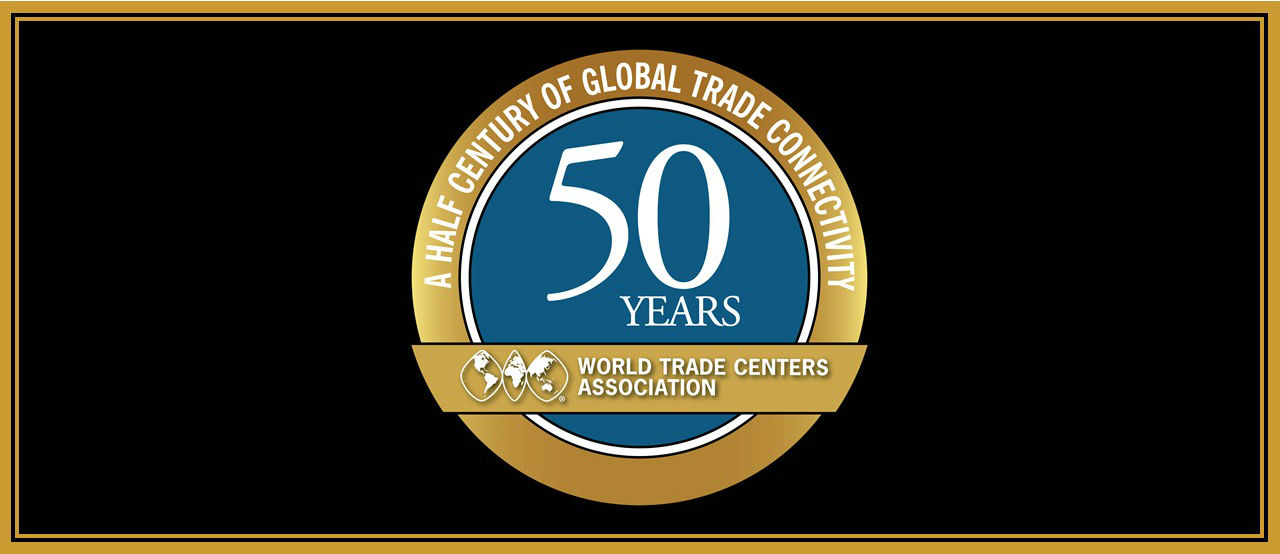WTC’s Role in Technology and Innovation: Providing a Place for Tech Companies to Flourish

In today’s digitally connected world, technology and innovation thrive. Mere brick and mortar buildings cannot be long term, apt solutions for new-age businesses that foster creative work. They need a futuristic ambience with refreshing energy that enhances productivity and efficiency. To attain this, forward-looking corporate and millennial workforces seek real estate that are equipped to accommodate their dynamic outlook.
Pune, India – IT Capital of the World
Pune, the ninth largest city in India, has a thriving economy comprised of education, research, manufacturing, trade, hospitality, and knowledge-based industries such as Information Technology (IT), Information Technology Enabled Service (ITES), Business Process Outsourcing (BPO), Knowledge Process Outsourcing (KPO), Financial Technology (Fintech), and Engineering Design. Though the city is 350 years old, it boasts one of the youngest populations in India, with an average age of 29 years.
To attract and cater to this demographic, the WTC Pune team, led by Panchshil Realty (P One), decided to create a tech-centric hub within the city in 2010. The team designed and enabled an infrastructure in Kharadi, a suburb east of Pune renowned for its various IT and business parks, and helped the region shed its decade-old Peripheral Business District (PBD) identity with the addition of WTC Pune.
WTC Pune – Built on Solid Philosophies
WTC Pune offers a “freedom-at-work” culture. Towers consonant to global norms, equipped with large floorplates and proactive facility management services, have driven many IT and consulting firms to base their organizations within the Centre and its neighbouring IT and ITES Special Economic Zone - EON Free Zone. Workspaces have been reinvented – trading in traditional cube-like office spaces for more collaborative work areas to ensure that team members participate more in open discussions to exchange ideas freely. With this open-working culture, its global tenants have witnessed a marked increase in employee productivity, as well as high talent recruitment and retention.
The Center houses high-tech companies like Crowdstrike, HCL Technologies, Onward Technology, Vandarlande and ZS Associates. Additionally, it’s catalyzed by EON FZ that houses global names like Allianz, Allscripts, Barclays, Citi, Credit Suisse, Eaton, Honeywell, Mphasis, Metro, Northern Trust, Polaris, Prism, Seagate, Sears IT, SG Analytics, Sterlite, Sungard, Symantec, TIAA, Tieto, UBS, Veritas, Vodafone Zensar, etc.
To date, the city of Kharadi has attracted more than 100 top-notch tech companies and 45,000 young professionals who sustain technological advancements with the assistance of WTC Pune’s knowledge-sharing trade services, training platforms, and events. Now fully occupied, the 1.6-million-square-foot development consists of four towers on 15 acres, equipped with built-in, future-proofing capability to nurture advances in tech. Two additional towers are planned to meet new demand, enabling WTC Pune to become one of the largest and most advanced tech campuses in India.
Offerings within a Successful Tech Hub
Sustainability, a leading concern today, is wholly addressed at the “green” WTC Pune. Tenants are attracted to the sustainable Construction Management Plan (CMP) encompassing low emissivity, glass-cladded buildings; high-efficiency AC systems; large, green open spaces; and a robust water conservation system.
Tenants also enjoy many of the campus’ amenities like ATMs, auditorium, banks, cafes, food courts, and fine dining restaurants complemented with a 1,000-seat amphitheater. The campus houses two executive centers catering to flex-office spaces, meeting rooms, and virtual offices for short-term lease.
Over the past few years, the ambience of WTC Pune has increasingly reflected the changing mindsets of the neighboring campuses — quietly scaling from traditional IT to encompass more Artificial Intelligence (AI), machine learning, and the Internet of Things (IoT).
Key Takeaways for Your WTC
Based on WTC Pune’s experience, it’s essential to incorporate a “people-centric” design in your WTC, creating a workplace that is as social as it’s futuristic. Today, it’s all about people and making their workspaces collaborative and intelligent. Additionally, a truly democratic design that reflects the modern corporate culture and aesthetic exterior would enhance the local WTC brand value and reach. Lastly, WTCs who would like to emulate WTC Pune’s success must understand that workspaces need to be planned thoroughly — looking forward to the next 25 years, as creative work knows no boundaries.

